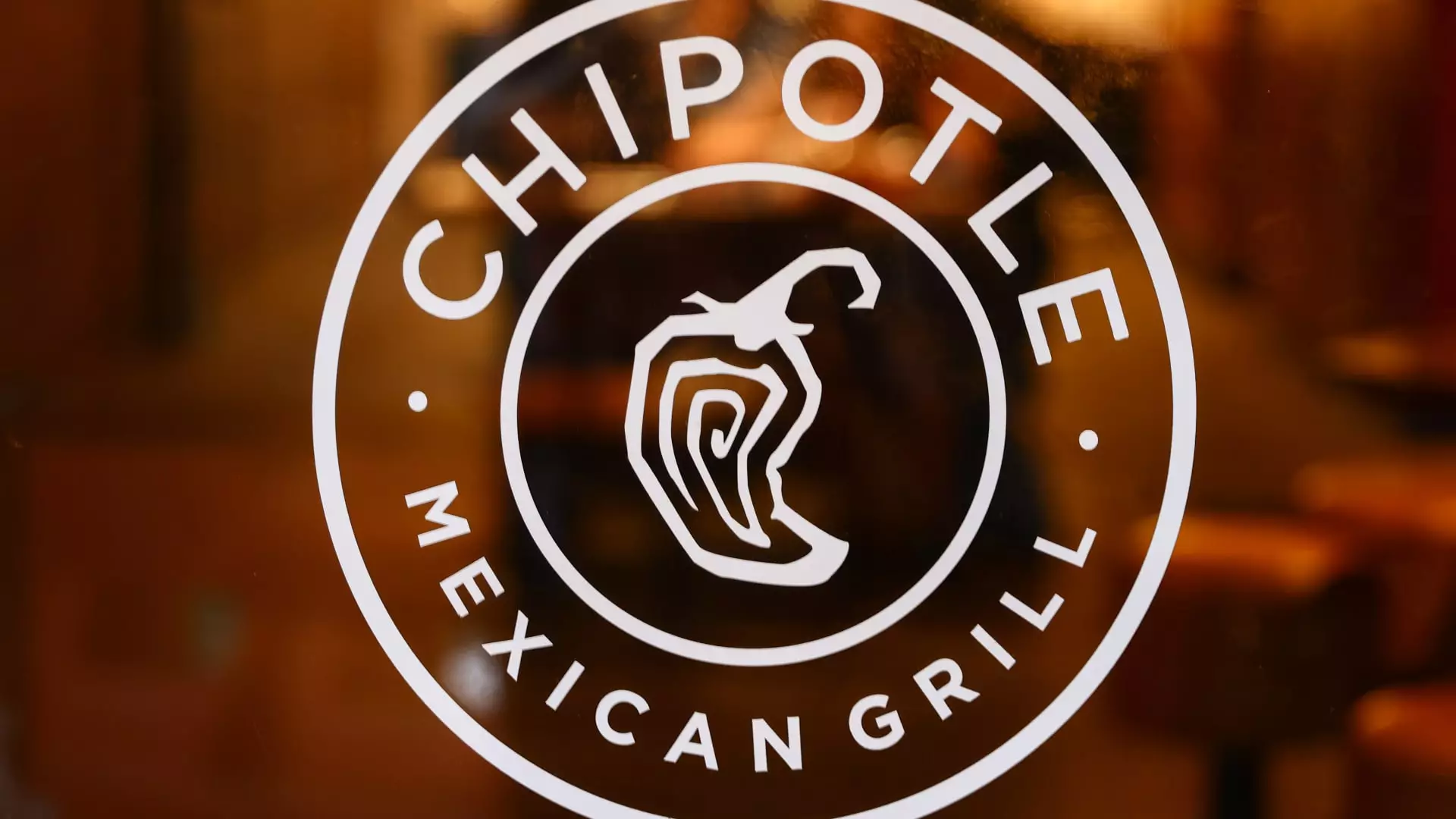Chipotle Mexican Grill’s decision to venture into Mexico is a gamble that could either solidify its international presence or result in a costly blunder. The announcement, made through a development agreement with Alsea, raises eyebrows, especially given the complexities of the current political and economic climate between the United States and Mexico. As the fallout from ongoing trade tensions reverberates, businesses must navigate a minefield of public perception and regulatory challenges, making this venture a high-stakes game.
The Fragile Ingredients of Success
A notable angle in Chipotle’s strategy involves its continued reliance on Mexican avocados, which comprise about 50% of its supply. While diversifying avocado sources has been a part of their plan, this dependency places them in a precarious position as tariffs loom large in the background. The difficulty lies in the alignment between the company’s business model and the shifting regulatory landscape. In an era where consumers are increasingly attuned to sustainability and local sourcing, this reliance on imported ingredients could serve as a double-edged sword, particularly when many Mexican consumers may find it unappealing.
Market Miscalculations from History
Chipotle is not the first American fast-food chain to misjudge the Mexican market. Yum Brands’ Taco Bell offers a cautionary tale; its attempts to penetrate the Mexican consumer base ended in failure due to a disconnect between its branding and local expectations. Chipotle must tread carefully, avoiding the simplistic notion that familiarity with ingredients will naturally translate into success. The cultural nuances surrounding Mexican cuisine and dining habits cannot be dismissed as mere trivialities.
The Risk of Cultural Disconnect
Nate Lawton, Chipotle’s chief business development officer, asserts that Mexican consumers will appreciate the fresh ingredients and recipes that Chipotle espouses. However, this perspective may underestimate the deeply ingrained culinary traditions that shape Mexican food culture. Chipotle’s interpretation of Mexican cuisine may feel foreign or even insulting to local palettes rather than inviting. The company’s quest for authenticity in this context might fall flat if it fails to genuinely resonate with local preferences.
Political Shifts and Economic Realities
Chipotle’s international ambitions unfold against the backdrop of heightened nationalism and skepticism regarding U.S.-Mexico relations. While the company may believe it can create a successful operation in Mexico, the broader political dynamics may shape consumer sentiment in ways that it cannot predict. The trade war’s implications loom large, amplifying risks associated with cross-border business strategies. This situation creates a climate of uncertainty that could undermine Chipotle’s efforts, should tensions escalate further.
Long-Term Vision vs. Immediate Challenges
As Chipotle eyes future expansion in Latin America, one must question whether this venture is a calculated move for long-term sustainability or a desperate rush to broaden its market share. While global growth is essential for companies seeking to remain competitive, it should never come at the expense of cultural sensitivity and operational acumen. Fast food’s appeal may stem from its convenience, but in the case of Chipotle’s foray into Mexico, the commitment to authenticity and local relevance will be the true titans of this story—if they trample their entry with miscalculations, they may find the doors closing rather than opening.

